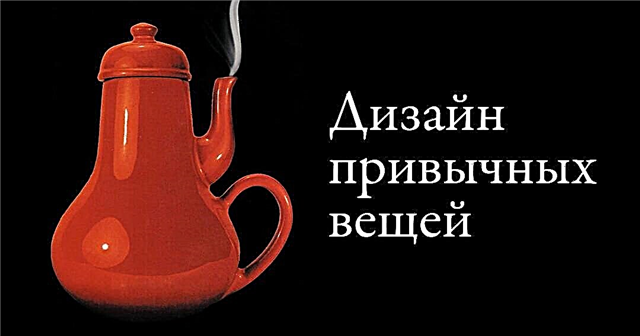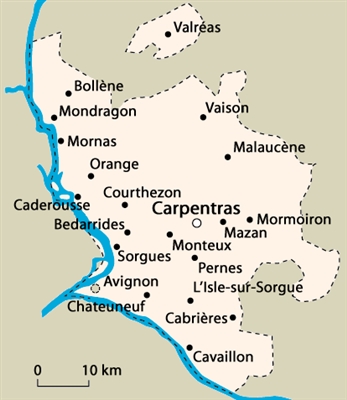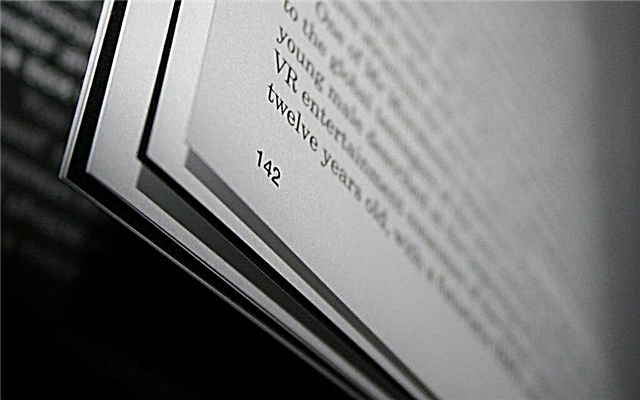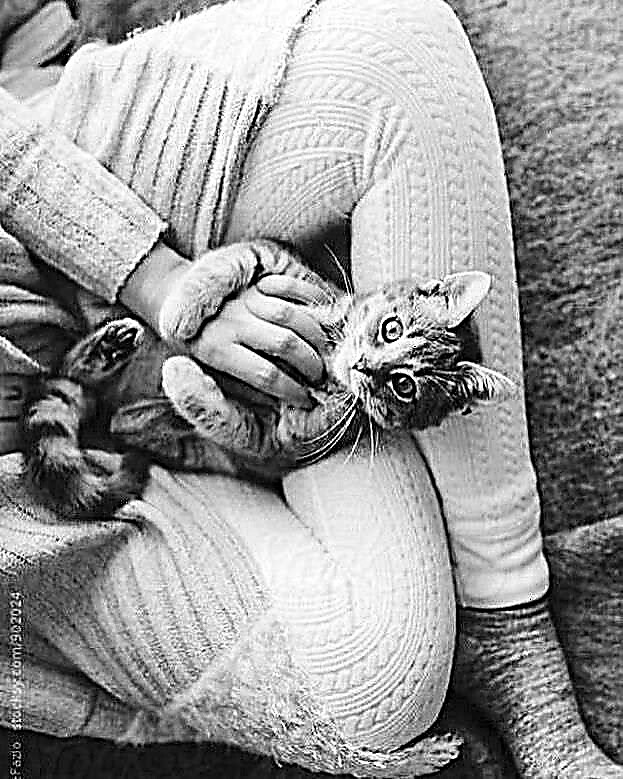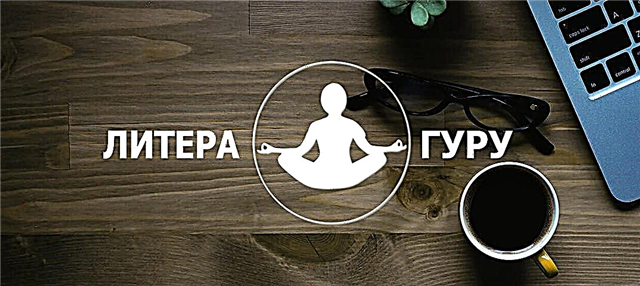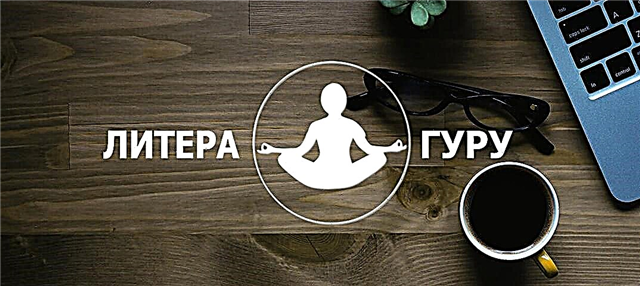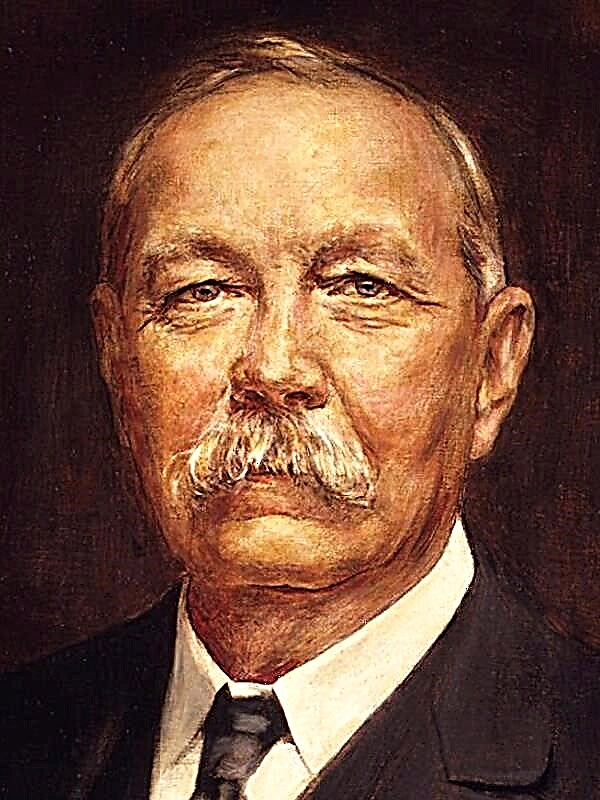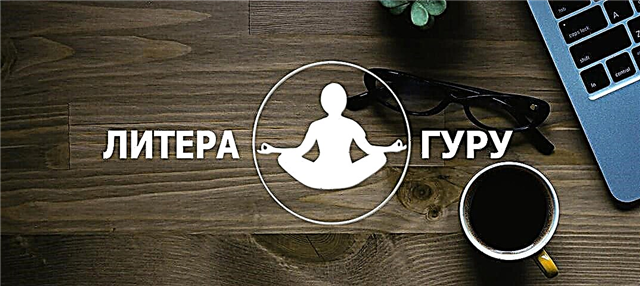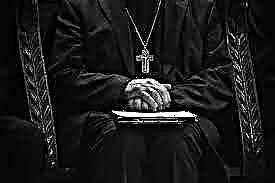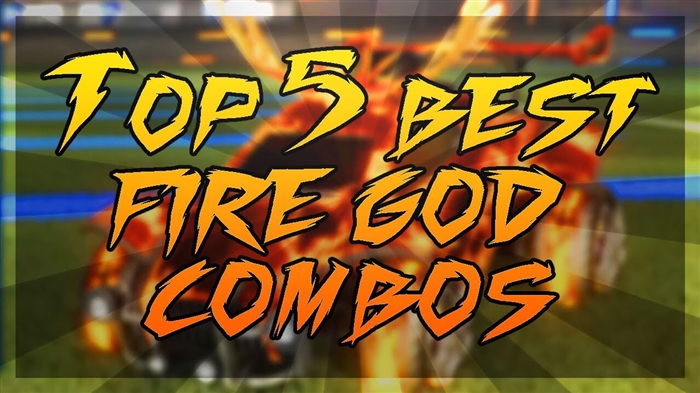: A naughty and naive teenager adjoins the Bolsheviks, escapes from home and enters a partisan detachment. On the fronts of the Civil War, he quickly grows up, becoming a disciplined fighter.
The narration is conducted on behalf of the schoolboy Boris Gorikov.
Part one. School
Twelve-year-old Boris Gorikov lived in the quiet town of Arzamas.
Boris Gorikov - a schoolboy, frivolous, undisciplined, naive, brave and honest
Boris's father, a school teacher, fought on the front of the First World War, his mother worked as a paramedic. The little sister of Boris has not yet gone to school.
The boy’s mother was constantly busy, and Boris “grew up on his own” - he studied poorly, hooligan, dreamed of becoming a sailor and was proud of his hero father who fights with the Germans. Boris played pranks with his best friend and classmate Fedka Bashmakov, built a raft in the summer and fought with neighboring boys.
Fedya Bashmachnikov - friend of Boris, son of the postman, judicious nerdy, is interested in politics
Every morning at school, Boris prayed for the victory over the Germans, sang “God Save the Tsar” and was not interested in politics. Learning from Fedka about the 1905 revolution, the boy began to question his mother, and she allowed him to rummage through his father's books. There, Boris found a collection of short stories in which the police were rascals and the revolutionaries whom they caught were heroes. These stories amazed and captivated the boy.
Boris was upset that his father rarely sends letters and does not tell them about his exploits. Once an unfamiliar soldier brought a message from his father - a thick letter and a bundle for Boris. He spoke of a hungry life in the trenches. Boris realized with surprise that there was nothing heroic in this life, and ordinary soldiers did not want to fight.
The soldier’s words left a sediment of bitter dry dust on his soul, and this dust gradually enveloped in a dense raid all until then clear and understandable ideas about the war ...
The package turned out to be a small Mauser with a spare clip, and over a thick letter, the mother cried all night.
In September, Boris’s father returned from the front. He sneaked into the house, and Boris immediately realized that he was a deserter. Father opened Boris’s eyes to many things. It turned out that the Germans also did not want to fight, but the governments of the warring countries did not want to make peace. Father believed that they would have to be forced to do this.
At school, they learned that Boris’s father is a deserter, everyone turned away from the boy. His father was hiding at the cemetery watchman, and Boris made friends with his son Timka.
Timka is Boris’s friend, the son of a cemetery watchman, small, feeble, weak, fearful, his only hobby is catching songbirds
Soon, both the watchman and Boris’s father were arrested.
Part two. Fun time
On February 25, Boris’s father was shot for escaping from the front and anti-government propaganda. On March 2, the city learned that a revolution had occurred and that the Provisional Government was now in control of the country.
In "Arzamas" came "fun time" - the lessons in the school were canceled, the Socialist-Revolutionaries, Cadets, Bolsheviks, and anarchists appeared. They did not like the Bolsheviks in the city, and Lenin was considered an agent of the German Kaiser.
The collegiate priest announced that Jesus was also a socialist and revolutionary, so most of the Arzamas, including Fedka, joined the Socialist Revolutionaries, the party of socialist revolutionaries.
Rallies were held on the streets of Arzamas, leaflets were distributed. A teacher nicknamed Galka appeared in the city, who was once imprisoned.
Jackdaw - a former teacher, a Bolshevik, middle-aged, intelligent and educated, gait like a bird jackdaw, his real name is Semyon Ivanovich
Meeting Boris, Galka said that he was sitting with his father.From him, Boris learned that both father and Galka were Bolsheviks.
From that moment, Boris spent all his free time at the Bolshevik club.
Like peeling potatoes under a sharp knife, all the husks flew out, which until now had been full of my head.
The Bolsheviks spoke not at city rallies, but at the refugee barracks, in the villages. At one of these meetings, Boris met Fedka, who was handing out leaflets from the Socialist Revolutionary party in the crowd, and refused to help him.
Despite the change of power, life in the country has not changed. The Socialist-Revolutionaries were going to wage the war until complete victory, the land still belonged to the landlords, and the factories to the capitalists.
Timka’s father returned from prison, could not find work in Arzamas - no one wanted to take a “political one”, and left his city with his son. So Boris forever broke up with his only friend. On the same day, he learned from Galki that the Bolshevik club had been closed and that activists had been arrested. The Bolsheviks again became illegal.
Friendship with Boris did not work out with Fedka. The former best friend became an Socialist-Revolutionary activist, spoke at school rallies and meetings, and Boris, after the liquidation of the Bolshevik club, again “stayed out of the way” and was about to leave school.
Boris did not part with his father's gift - a Mauser. Knowing this, Fedka knocked out his classmates to take him away from Boris. Defending himself, the boy shot and jumped out the window.
At home, he found out that he had been expelled from school and was required to turn in a Mauser to the Duma police. His mother tried to force him to do this, even hid the Mauser, but Boris found him and secretly left for Nizhny Novgorod, hoping to find there either his own uncle-worker or Galka who had gone there.
Boris with difficulty got to Sormovo - the working district of Nizhny Novgorod - but could not find Galka, but he found the uncle. He managed to rise to the rank of master, did not want to hear about the Bolsheviks and decided to immediately send Boris home.
Boris fled again, at one of the rallies he met Galka and learned from him that another revolution was coming. The boy remained with the local Bolshevik committee until the October Socialist Revolution.
Part three. Front
Six months later, the fifteen-year-old Boris was sent to Ukraine, in a partisan detachment that fought with the White Guards. On the third day of the journey, a local gang attacked the train, but Boris managed to escape.
After wandering around the forest for a whole day, Boris went to a farm and stumbled upon a young man near him. He said that he was making his way behind Don into the detachment, and Boris decided that he was also a Bolshevik.
Exploring the surroundings, Boris stumbled upon the Reds, but his new friend did not want to join them, but tried to kill Boris and take his documents. Boris realized that this guy, a White Guard, tricked him, and, defending himself, shot him from the Mauser.
And it became scary for me, a fifteen-year-old little boy, in a black forest next to a man who was really killed by me ...
Grabbing the bag of the murdered man, Boris went to the village occupied by the Reds, joined their detachment and went with him to cleanse the Donbass from the Germans and the White Guards, who were then flooding the counter-revolutionary Ukraine.
Boris became attached to an elderly soldier named Chubuk, went with him to reconnaissance, and took prisoners.
Chubuk - an elderly fighter of the red partisan detachment, a former miner, sedate, reasonable, unperturbed
A small red detachment waged guerrilla warfare, freeing the hamlets and making short raids on white stations and carts.
The detachment was led by a former shoemaker, whom everyone respected, but no one obeyed. The former shepherd Fedya Syrtsov, the leader of horse intelligence, was especially strong-willed.
Fedya Syrtsov - commander of horse intelligence, a former shepherd, undisciplined, frivolous, wayward, quick-tempered and reckless
The first real battle in Boris's life occurred when the Germans attacked the farm where their detachment stood. His events were imprinted in the memory of Boris vaguely, in fragments. After the battle, many wounded remained.It was decided to connect with a neighboring detachment of miners and go north to the regular units of the Red Army, so they decided to leave the seriously wounded at the beekeeper, which was considered reliable.
Boris and Chubuk took the wounded to the apiary and went to meet the miners. Waiting for them, Boris rummaged in the bag of the white man he had killed, and there, behind the tear-off lining, he found a certificate in the name of Cadet Yuri Waald and a letter of recommendation written in French.
Yuri Waald - a graduate of the cadet school, the White Guard, killed by Boris, cunning and prudent
Boris did not have time to tell about the documents to Chubuk - they were attacked by whites, it took a long time to hide from the raid. The comrades spent the night in a hut, guarding in turn. In the morning, Boris decided to swim in the river, although Chubuk told him to guard.
Leaving a sleeping companion, Boris went down to the river, undressed and suddenly saw a corpse in the water, in which he recognized one of the wounded left by the beekeeper. Boris began to dress hastily and then he was captured.
Boris was brought to a village occupied by the White Guards. By happy coincidence, documents were found in his name in the name of Yuri Vaald and they took for his own. Then Boris learned that they had captured Chubuk, whom he left sleeping unguarded. The guy could not save his comrade - he was shot. Chubuk died, considering Boris a traitor.
And it became even worse with the consciousness that there was no way to rectify the matter, there was nobody to explain and justify, and that Chubuk was no longer there and would not be today, nor tomorrow, never ...
At night, Boris fled, reached his own, and honestly told the squad leader. The information he heard at the headquarters of the White Guards helped circumvent the white ambush.
Immediately after his return, Boris joined the detachment of Fedi Syrtsov and quickly learned to ride. Once the detachment commander sent Syrtsov's horsemen to check if there were any whites in the far village. The weather was bad, and the willful Syrtsov, not reaching the place, turned into a secluded farm, where the detachment, drunk, spent the night.
When the detachment returned, it turned out that there were indeed whites in the distant village, which caused trouble for the signalmen of the neighboring detachment. Upon learning about this, Syrtsov made a sortie and defeated the White Guards, although the commander sent him to his aid in a completely different direction.
Syrtsov’s detachment returned from the wrong side, from which he was supposed to; therefore, the returning comrades were mistaken for whites and opened fire. Several people were injured through the fault of Syrtsov, and the whites broke up the company, to which he was sent to help. They decided to arrange a trial over Syrtsov, but that night he escaped from the detachment and leaned south, to Old Man Makhno.
The Reds launched an offensive along the entire front. The commander did not begin to punish Boris, and he did his best to make amends, heroizing himself for show and risking his life for no reason. People thought it was Fedkin’s manners, and Boris had no friends.
The squad leader, however, did not consider Boris a missing person, so he accepted his application for joining the party. After that, the attitude towards Boris changed for the better, and he himself ceased unnecessarily heroism.
In one of the heavy battles, Boris was wounded. Waiting in the half-forgotten orderlies, he thought that all together people would definitely reach the “bright realm of socialism”. The light flashed - it was the orderlies ...

